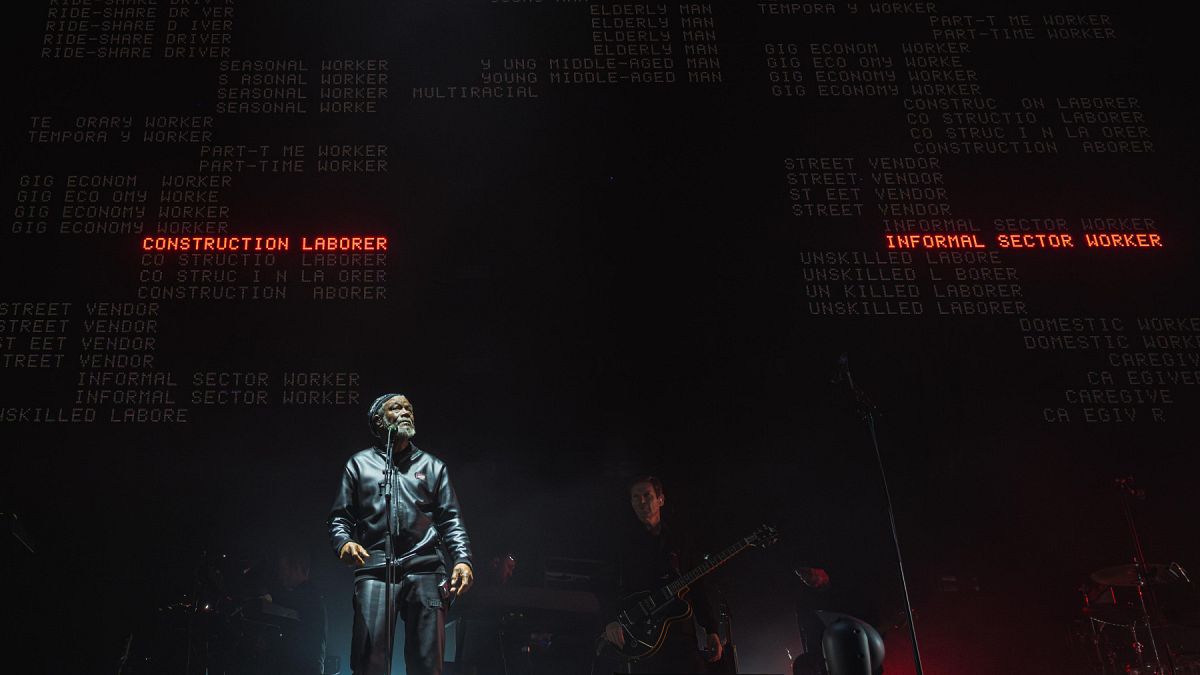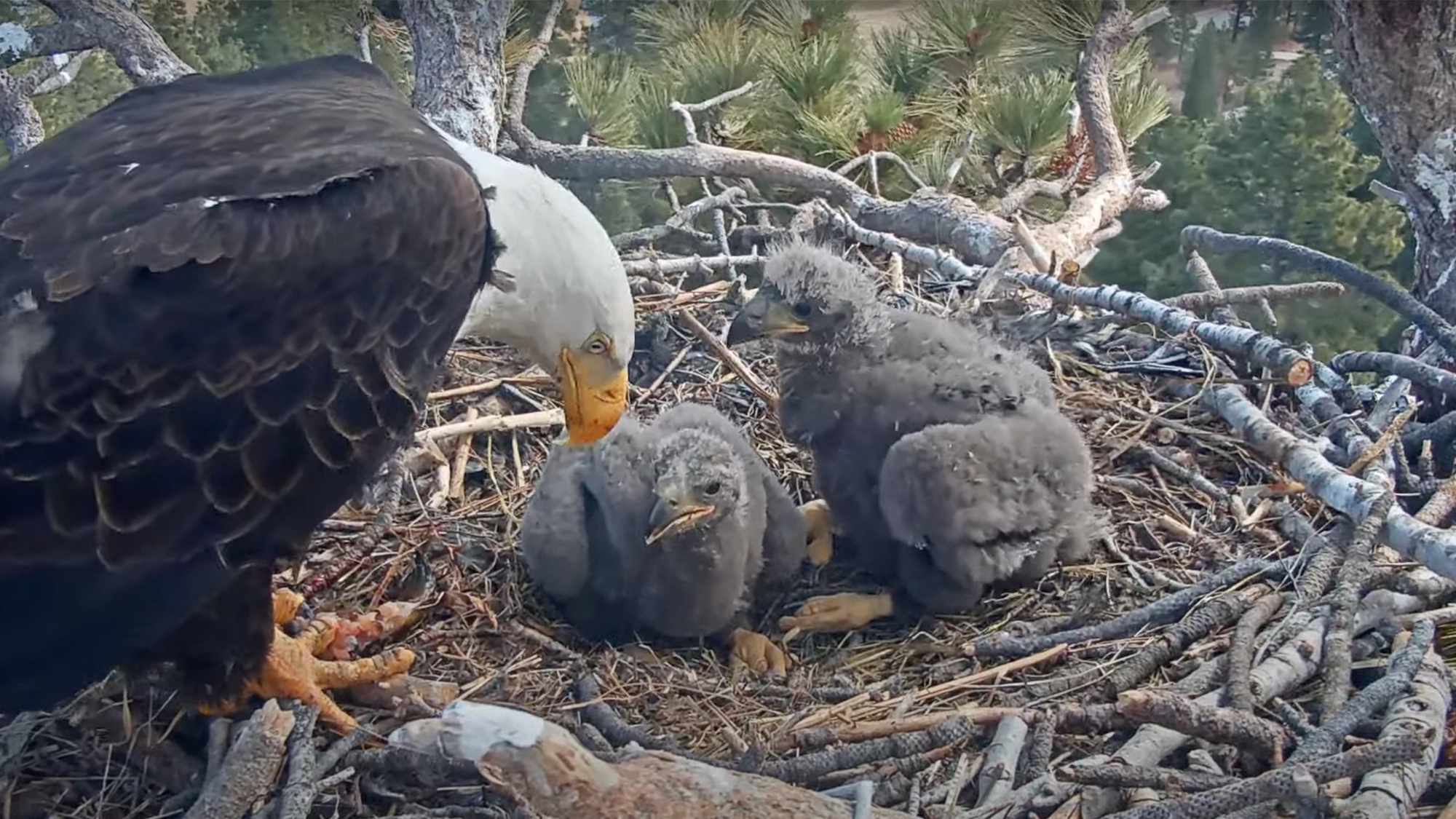
The gig broke the world record for the lowest carbon emissions ever produced by a music event. Last year, a concert by UK trip-hop collective Massive Attack made history - not for the music, but for its environmental footprint. The group collaborated with climate researchers to stage the gig, and it broke the world record for the lowest carbon emissions ever produced by a music event.
The concert slashed energy-related greenhouse gas emissions by 98 per cent compared to similar shows, the scientists from the Tyndall Centre for Climate Change Research said in their recently published report. The concert, known as Act 1.5 and held in Bristol, was 100 per cent battery powered and sold 100 per cent vegan food.

The performers opted for low-carbon transport like coaches and ferries instead of planes. Attendees were encouraged to travel to the using low-carbon transport methods with incentives like VIP bar wristbands for rail passengers and free electric shuttle bus tickets between stations and the venue. People living in Bristol postcodes were also given pre-sale access to tickets to minimise the distances audience members had to travel.
The researchers compared the gig’s greenhouse gas emissions data to a hypothetical outdoor show of the same size that used standard industry practices. They found that the ’ travel choices reduced by 73 per cent. Transporting equipment using two trucks instead of four and switching from diesel to hydrotreated vegetable oil cut fuel by 70 per cent.
Selling vegan meals resulted in an 89 per cent reduction in emissions. As a result of these significant power-saving methods, the 5 per cent of the audience that did arrive by plane were responsible for 64 per cent of the event's overall greenhouse gases. The organisers hope the concert can become a blueprint for other outdoor events looking to reduce their carbon footprint.
ACT 1.5 lead producer Mark Donne called the gig the "cleanest, greenest event ever staged". "Clean technology is ready - it just needs to be facilitated; fans want shows, that's very clear.
The challenge for promoters and government now is to meet that need," he said. Professor Carly McLachlan, associate director at the Tyndall Centre for Climate Change Research, said this "proof-of-concept show could change the landscape for outdoor festivals". "It demonstrated that there are real opportunities for promoters, providers, local authorities and central government to create the conditions for the UK to lead the world in super-low carbon events," she added.
The current model of round-the-world tours with artists flying between locations is one of the biggest hindrances to the meeting green goals, the researchers say. "There's a huge question now for tour planning, but also for media and promotor marketing campaigns high on the glitz of epic summer tours that normalise leisure aviation," said Massive Attack's singer Robert Del Naja..















